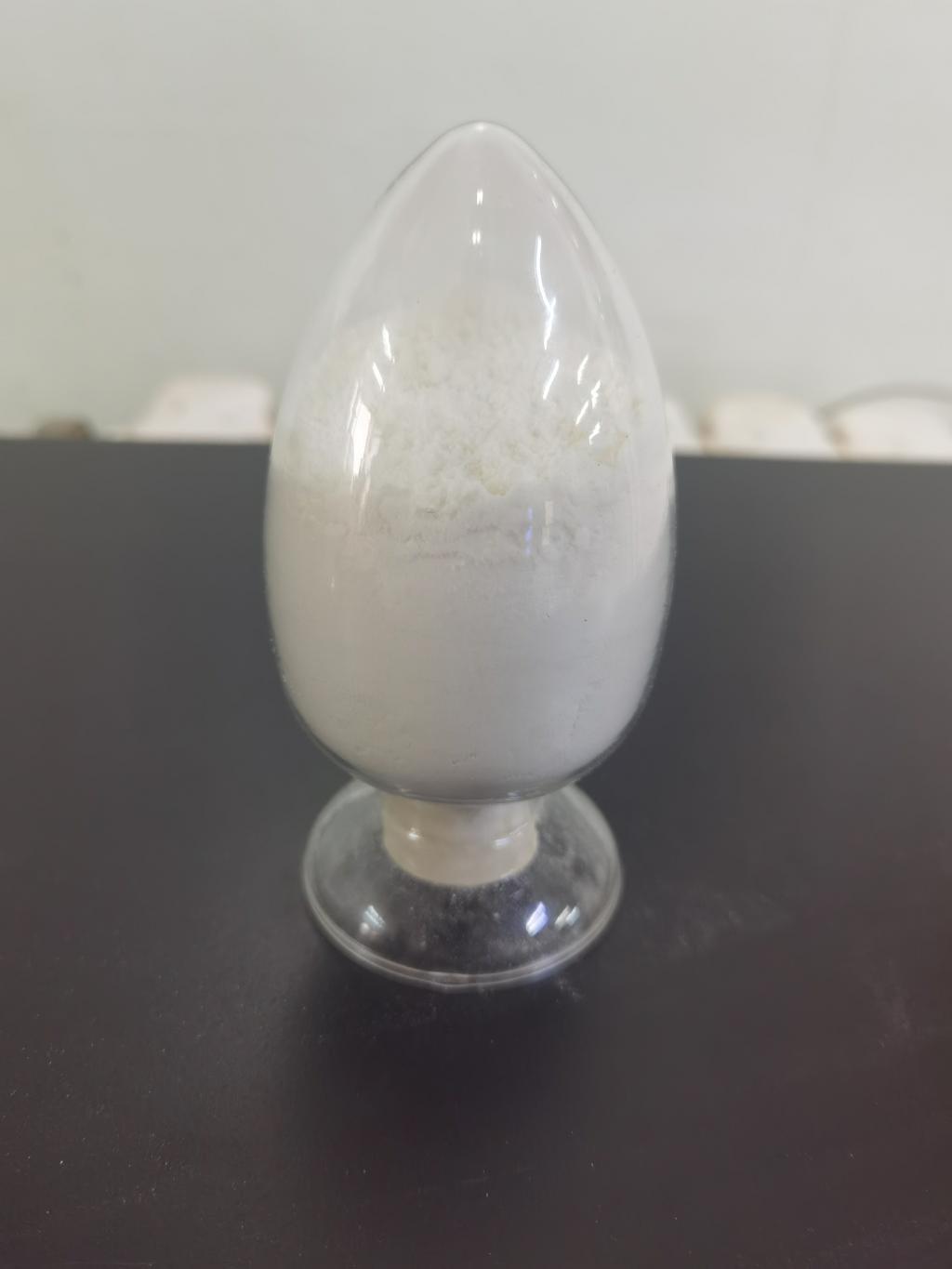Tel:+8618231198596

News
 CONTACT
CONTACT
 CONTACT
CONTACT
- Linkman:Linda Yao
- Tel: +8618231198596
- Email:linda.yao@dcpharma.cn
- Linkman:CHARLES.WANG
- Department:Overseas
- Tel: 0086 0311-85537378 0086 0311-85539701
News
ε-Polylysine Hydrochloride's Potential for Enhancing Food Resilience
TIME:2023-11-06
Introduction
Food security is a global concern, and ensuring a resilient food supply is paramount, particularly in the face of environmental challenges and resource constraints. Adverse conditions, including climate change, resource scarcity, and fluctuating temperatures, can impact food quality, safety, and shelf life. ε-Polylysine hydrochloride, a natural antimicrobial agent, offers the potential to enhance food resilience by preserving food quality, extending shelf life, and improving safety in challenging environments. This article investigates the applications of ε-Polylysine hydrochloride in addressing food resilience, its mechanisms of action, regulatory status, sustainability aspects, and its potential to contribute to food security and sustainability in an ever-changing world.
Challenges to Food Resilience in Challenging Environments
Challenging environments, marked by extreme temperatures, humidity, and resource scarcity, pose several threats to food resilience:
2.1 Climate Change
Rising temperatures, unpredictable weather patterns, and increased occurrences of extreme weather events can lead to crop failures, food spoilage, and reduced food availability.
2.2 Resource Scarcity
Resource scarcity, including water shortages and soil degradation, can impact crop yields and the production of essential food resources.
2.3 Food Safety Risks
Fluctuating temperatures and humidity levels can create favorable conditions for the growth of foodborne pathogens, posing risks to food safety.
ε-Polylysine Hydrochloride: A Natural Antimicrobial Agent
3.1 Structure and Source
ε-Polylysine hydrochloride, often referred to as ε-PL, is a naturally occurring antimicrobial agent derived from Streptomyces albulus. It is a biopolymer formed through the polymerization of L-lysine molecules linked by ε-amino and α-carboxyl groups. This unique structure enables ε-PL to exhibit potent antimicrobial properties.
3.2 Mechanism of Action
ε-Polylysine hydrochloride's primary mode of action involves electrostatic interactions with microbial cell membranes. By binding to the cell membrane, ε-PL disrupts its structural integrity, leading to cell lysis and microbial inactivation. This mechanism makes ε-PL an effective natural preservative against a wide range of microorganisms, including bacteria and fungi.
Enhancing Food Resilience in Challenging Environments
ε-Polylysine hydrochloride offers various ways to enhance food resilience in challenging environments:
4.1 Food Preservation
By inhibiting the growth of spoilage microorganisms and pathogens, ε-PL extends the shelf life of food products, reducing waste and enhancing food availability, especially in resource-scarce areas.
4.2 Quality Maintenance
Maintaining the sensory and textural qualities of food products is crucial for consumer acceptance. ε-PL helps preserve the quality of food by inhibiting spoilage microorganisms and preventing degradation.
4.3 Food Safety
ε-PL's antimicrobial properties reduce the risk of foodborne pathogens in adverse conditions, ensuring food safety in challenging environments where temperature and humidity variations may favor microbial growth.
Regulatory Considerations
The use of ε-Polylysine hydrochloride in food applications is subject to regulatory oversight in many countries. It is generally recognized as safe (GRAS) in the United States and has received regulatory approval in other regions, such as Japan, South Korea, and China. Compliance with regulatory standards ensures the safety and efficacy of ε-Polylysine hydrochloride in challenging environments.
Sustainability Aspects
Sustainability is a key consideration in food resilience. ε-Polylysine's natural origin, biodegradability, and minimal environmental impact make it a sustainable choice for improving food resilience in adverse conditions. Its contribution to reducing food waste aligns with sustainability goals and food security.
Food Security and Sustainability
Food resilience is integral to food security and sustainability. ε-Polylysine hydrochloride's potential to preserve food quality, extend shelf life, and enhance safety in challenging environments can contribute to ensuring a stable food supply and reducing food waste. In a world characterized by changing environmental conditions, ε-PL offers a sustainable and effective solution to improve food resilience, safeguarding both food security and the environment.
Future Prospects
The future prospects of ε-Polylysine hydrochloride in enhancing food resilience are promising. Continued research and innovation can explore innovative applications in food production and preservation, further expanding its role in addressing food security challenges in challenging environments.
Conclusion
Food resilience is a critical aspect of food security and sustainability, especially in the face of challenging environmental conditions and resource constraints. ε-Polylysine hydrochloride, a natural antimicrobial agent derived from Streptomyces albulus, holds the potential to enhance food resilience by preserving food quality, extending shelf life, and improving safety in adverse conditions. Its mechanisms of action, regulatory approval, and sustainability attributes make it a valuable tool in safeguarding public health, reducing food waste, and ensuring food security in an ever-changing world. As the world grapples with environmental challenges, ε-Polylysine's contributions to food resilience are poised to protect both consumers and the planet.
- Tel:+8618231198596
- Whatsapp:18231198596
- Chat With Skype







